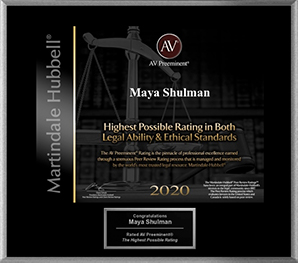People who have experienced a divorce or the death of a spouse may well end up meeting a new partner and consider getting married again.
Walking down the aisle for the second or subsequent time offers much promise for the future, but also requires both partners to strategically plan for a variety of potential events down the road.
Estate planning for remarried couples
As explained by Forbes, estate planning for a blended family opens up many unique concerns. Each spouse may well want to leave a legacy for their biological children from a prior marriage while also wanting to leave some assets for each other. A standard will may not sufficiently allow a person to address both of these scenarios. Some special types of trust provide the opportunity to establish an income stream for a surviving spouse while simultaneously reserving assets for their children.
The need for open discussions
Before entering into a new marriage, Forbes recommends that partners openly share details about their past credit histories and current debt obligations. These obligations may well include the need to pay child support or spousal support in addition to debts like medical bills or credit card payments.
Understanding each other’s financial liabilities may guide couples to determine what assets, if any, they will comingle after they get married and what assets they may wish to keep as the separate property of one person only. A prenuptial agreement may offer a benefit in outlining these decisions as well as the couple’s decisions on how they would like to handle any income earned or debt incurred after they get married.







